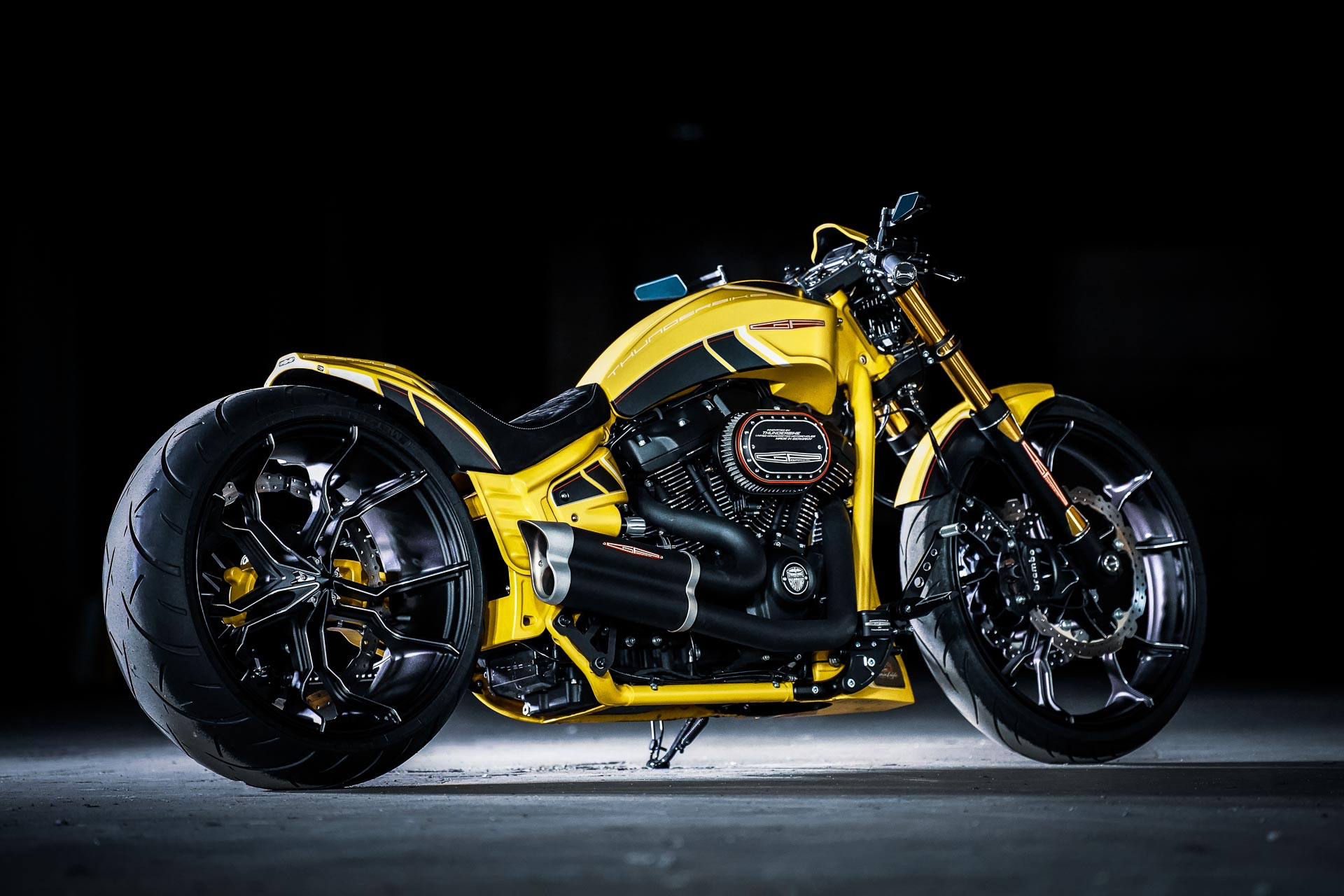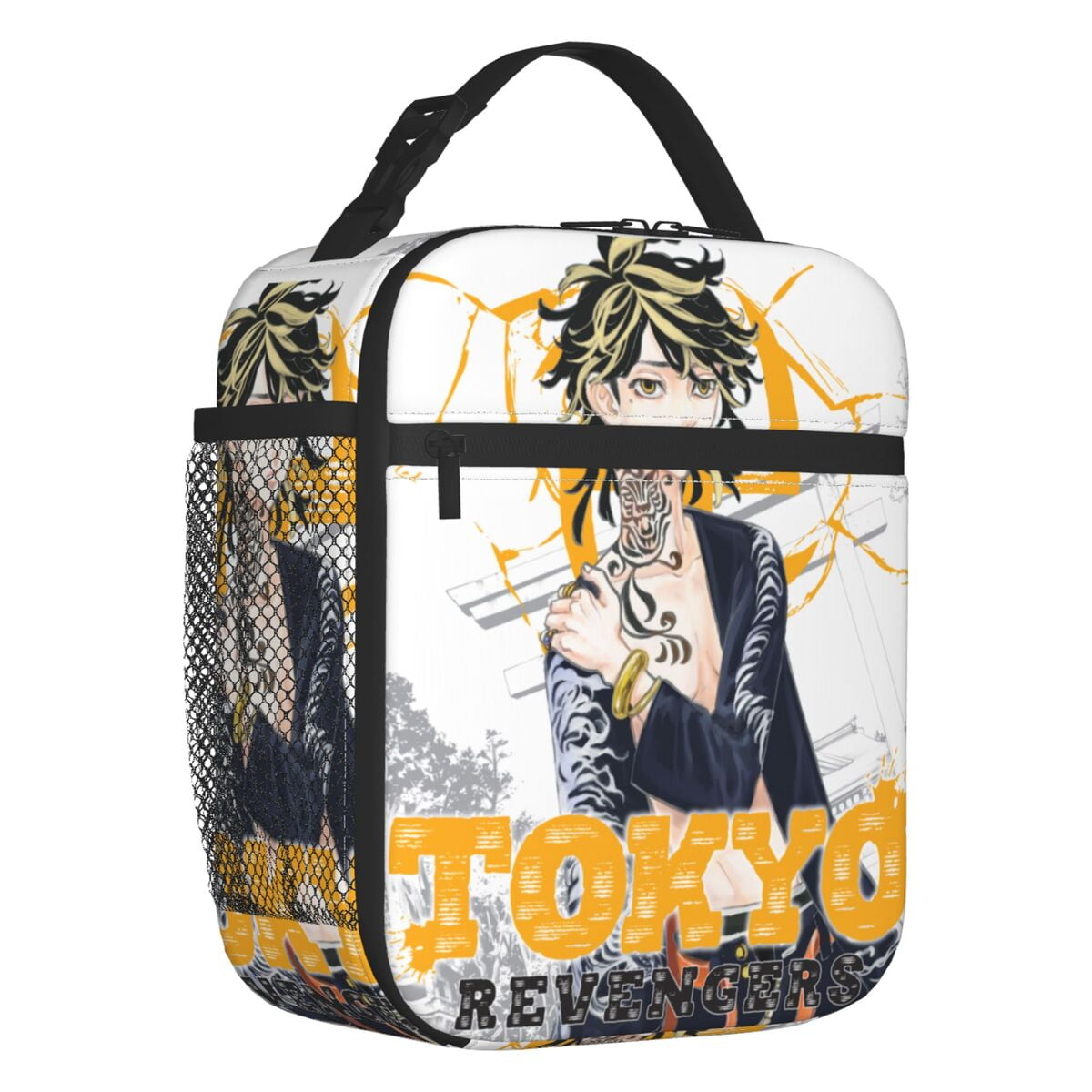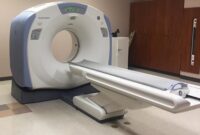Custom Classic Trucks For Sale: Your Ultimate Guide to Finding Your Dream Ride pickup.truckstrend.com
The rumble of a big V8, the gleam of polished chrome, and the unmistakable lines of a bygone era – there’s something undeniably captivating about a classic truck. But for many enthusiasts, a stock restoration simply isn’t enough. They crave individuality, modern performance, and the seamless blend of vintage aesthetics with contemporary comfort and reliability. This is where the world of Custom Classic Trucks For Sale truly shines, offering a unique opportunity to own a piece of automotive art that’s as exhilarating to drive as it is to behold.
Custom classic trucks are more than just old vehicles; they are meticulously reimagined machines, often built from the ground up to reflect the owner’s vision and incorporate modern engineering marvels. Whether it’s a slammed C10 with a supercharged LS engine, a lifted Ford F-100 with a Coyote swap, or a perfectly proportioned square body with air ride and a luxurious interior, these trucks represent the pinnacle of automotive customization. This comprehensive guide will navigate you through the exciting journey of exploring, evaluating, and ultimately acquiring your perfect custom classic truck.
Custom Classic Trucks For Sale: Your Ultimate Guide to Finding Your Dream Ride
What Defines a Custom Classic Truck?
At its core, a "classic truck" typically refers to a pickup manufactured before 1980, often from iconic marques like Chevrolet, Ford, Dodge, GMC, and even International Harvester. The "custom" aspect is where the magic happens. Unlike a purely restored vehicle that aims for factory originality, a custom classic truck has undergone significant modifications to enhance its performance, aesthetics, or both.
These customizations can range from mild alterations to radical, frame-off builds. Common modifications include:
- Engine Swaps: Replacing the original powerplant with a modern, more powerful, and reliable engine (e.g., LS series V8s, Coyote V8s, modern Hemi engines).
- Suspension Upgrades: Installing independent front suspension (IFS), coil-overs, air ride systems, or four-link rear suspensions for improved handling and ride comfort.
- Brake Systems: Upgrading to modern disc brakes, often with larger rotors and multi-piston calipers, for superior stopping power.
- Transmission Upgrades: Swapping in automatic overdrive transmissions (e.g., 4L60E, 6R80) or modern manual transmissions for better drivability and fuel efficiency.
- Interior Modernization: Incorporating modern amenities like air conditioning, power windows, custom gauges, premium audio systems, and updated seating while maintaining a classic feel.
- Body Modifications: Shaving door handles, smoothing body lines, custom paint jobs, frenched lights, or even chopping tops and channeling bodies for unique profiles.
- Wheel & Tire Combinations: Large diameter wheels with modern performance tires that complement the truck’s stance and power.

These vehicles are often referred to as "restomods" (restored with modern components) or "pro-touring" trucks (built for high performance and handling). They offer the best of both worlds: the timeless appeal of a classic combined with the performance and reliability of a modern vehicle.

Why Invest in a Custom Classic Truck?
The allure of custom classic trucks goes beyond mere transportation. They offer a multitude of benefits that appeal to a diverse range of enthusiasts:
- Unique Aesthetics & Individuality: Stand out from the crowd. Each custom truck tells a story and reflects the builder’s unique vision, ensuring you won’t see another exactly like yours.
- Modern Performance & Reliability: Enjoy the iconic look without the headaches of antiquated technology. Modern engines, transmissions, and suspension systems provide a driving experience comparable to, or even exceeding, many new vehicles.
- Enhanced Driving Experience: With power steering, power brakes, air conditioning, and comfortable seating, custom classics can be driven long distances with ease, making them ideal for weekend cruises or even daily driving for the dedicated enthusiast.
- Show Potential: Many custom classic trucks are built to a high standard, making them competitive at car shows and events, often winning awards and drawing admiring crowds.
- Investment Potential: While not guaranteed, well-built and desirable custom classic trucks can hold or even appreciate in value over time, especially if they are high-quality builds of popular models.
- Personal Connection: For many, these trucks evoke a sense of nostalgia, reminding them of simpler times or family vehicles from their youth, but with a modern twist.

Key Considerations When Buying a Custom Classic Truck
Acquiring a custom classic truck requires careful consideration to ensure you get a vehicle that meets your expectations and avoids costly surprises.
- Define Your Budget: Custom classic trucks span a wide price range. Be realistic about what you can afford, and remember to factor in potential post-purchase costs like insurance, registration, and any immediate maintenance.
- Determine Your Purpose: Will it be a daily driver, a weekend cruiser, a show truck, or an occasional hauler? Your intended use will heavily influence the type and level of customization you need. A show truck might prioritize aesthetics over ruggedness, while a daily driver needs comfort and reliability.
- Assess the Level of Customization:
- Mild Custom: Updated engine/transmission, nice paint, minor interior tweaks. More affordable and easier to maintain.
- Restomod: Significant mechanical upgrades (engine, suspension, brakes), modern amenities, and a clean, updated appearance. Great for driving.
- Pro-Touring: Built for performance handling, often with a full custom chassis, high-horsepower engine, and track-ready components. These are serious machines.
- Show-Quality Build: Impeccable paint, flawless bodywork, meticulously detailed engine bay, and custom interior. Often built to win awards.
- Inspect Key Components:
- Engine & Drivetrain: Inquire about the specific engine (e.g., LS1, LS3, Coyote 5.0, crate engine), its mileage, and the transmission type. Look for leaks, listen for unusual noises.
- Chassis & Suspension: Check for rust on the frame. If it’s a custom chassis, ask about the manufacturer (e.g., Art Morrison, Roadster Shop). Verify the type of suspension (air ride, coil-overs, IFS).
- Brakes: Ensure disc brakes are present, and ask about master cylinder and booster. Test for firm pedal feel.
- Body & Paint: This is crucial. Look for rust, bondo (check with a magnet), inconsistent panel gaps, and overspray. A professional paint job is expensive.
- Interior: Check the quality of upholstery, functionality of gauges, AC/heating, and power accessories.
- Wiring: Custom wiring can be complex. Ask if it’s a new harness (e.g., Painless Wiring) or a modified original. Poor wiring can lead to headaches.
- Review Documentation: Ask for build sheets, receipts for major components, photos of the build process, and maintenance records. This provides valuable insight into the quality and history of the truck.
- Pre-Purchase Inspection (PPI): This is perhaps the most critical step. Hire an independent mechanic or a specialist in classic/custom vehicles to thoroughly inspect the truck. They can identify hidden issues, assess the quality of the work, and give you an objective opinion.
Where to Find Custom Classic Trucks For Sale
The market for custom classic trucks is vibrant and diverse. Here are the best places to begin your search:
- Online Marketplaces:
- Bring a Trailer (BaT): High-end, curated auctions with extensive photo galleries and detailed descriptions.
- eBay Motors: Wide variety, from project trucks to finished builds. Be wary and do thorough research.
- Hemmings Motor News: Long-standing resource for classic cars, with classifieds from private sellers and dealers.
- ClassicCars.com / AutoTrader Classics: Large databases of vehicles from dealers and private parties.
- Specialty Forums & Facebook Groups: Dedicated groups for specific truck models (e.g., "C10 Nation," "Ford F-100 Owners") often have vehicles for sale by members.
- Specialty Dealers & Restoration Shops: Many shops that build custom trucks also sell them. They often have high-quality inventory and offer some level of post-sale support.
- Live Auctions: Events like Mecum Auctions and Barrett-Jackson showcase a wide array of high-end custom builds. Attending in person allows you to see the trucks firsthand, but bidding can be intense.
- Car Shows & Swap Meets: Great places to see trucks up close, talk to owners, and sometimes find a "for sale" sign.
- Word-of-Mouth: Network with other enthusiasts in local car clubs.
The Buying Process: Tips for a Smooth Transaction
Once you’ve identified a potential candidate, follow these steps to ensure a smooth purchase:
- Research Thoroughly: Before contacting the seller, research the specific model, common issues, and typical values for similar custom builds.
- Ask Detailed Questions: Don’t hesitate to ask about the build history, who performed the work, mileage on custom components, any known issues, and reasons for selling.
- Request Comprehensive Photos & Videos: Ask for high-resolution images of every angle, specific components (engine bay, undercarriage, interior), and a video of the truck running, driving, and a walk-around.
- Arrange a Pre-Purchase Inspection (PPI): As mentioned, this is non-negotiable for a significant investment. If the seller refuses, walk away.
- Negotiate Respectfully: Be prepared to negotiate, but do so with respect. Use information from your research and the PPI to support your offer.
- Understand Shipping & Delivery: If buying out of state, factor in shipping costs and arrange for reputable transport.
- Secure Payment & Title Transfer: Use secure payment methods (wire transfer, cashier’s check). Ensure the title is clear, in the seller’s name, and matches the VIN. Understand your state’s requirements for titling a custom vehicle.
Potential Challenges & Solutions
While rewarding, buying a custom classic truck can present challenges:
- Overpriced Trucks: Some sellers have unrealistic expectations. Solution: Do your market research diligently and compare multiple listings.
- Poorly Executed Customs ("Frankenstein" Builds): A truck that looks good but has shoddy mechanical work. Solution: A professional PPI is your best defense. Look for signs of amateur wiring, poor welds, or mismatched components.
- Undocumented Builds: Trucks with no records of the build process. Solution: Be extra cautious. Without documentation, it’s harder to verify the quality of work or address future issues.
- Maintenance of Custom Parts: Some specialized components may require specific knowledge or be harder to source. Solution: Join owner forums and clubs for advice, find a reputable shop specializing in custom vehicles, and ask the seller about parts sources.
- Insurance: Standard auto insurance may not cover the true value of a custom build. Solution: Seek out specialized classic car insurance providers (e.g., Hagerty, Grundy) who understand agreed-value policies.
Price Guide: Custom Classic Trucks For Sale
The price of a custom classic truck varies significantly based on the base vehicle, the extent and quality of customization, and the components used. This table provides a general guide:
| Category | Description | Key Features | Estimated Price Range (USD) |
|---|---|---|---|
| Mild Custom / Driver Quality | A solid, running and driving truck with some desirable modern upgrades. Good for cruising, may have minor cosmetic flaws or older modifications. | Updated engine (e.g., carbureted V8), automatic transmission, power steering/brakes, decent paint, clean updated interior. Often retains original frame. | $25,000 – $50,000 |
| Quality Restomod / Strong Driver | A well-executed build blending classic looks with modern performance and comfort. Reliable for regular driving, shows well. | Modern fuel-injected V8 (e.g., LS, Coyote), overdrive auto, disc brakes all around, updated suspension (coilovers/leafs), quality paint, comfortable custom interior, AC. | $50,000 – $100,000 |
| High-End Restomod / Pro-Touring | Professionally built with meticulous attention to detail and high-performance capabilities. Designed for spirited driving, track days, and competitive car shows. | High-HP modern V8 (e.g., supercharged LS, custom big block), full custom chassis (e.g., Art Morrison, Roadster Shop), performance suspension & brakes, high-end custom interior, show-quality paint. | $100,000 – $250,000+ |
| Show-Quality / Concours Build | The pinnacle of custom classic trucks. Flawless execution in every detail, often built by renowned shops. These are rolling works of art designed to win top awards. | All features of High-End Restomod, but with extreme attention to fit, finish, hidden wiring, bespoke interior, and perfect paint. Often very low miles since build. | $150,000 – $500,000+ |
Note: These ranges are estimates and can fluctuate based on the specific make/model, build quality, components used, and market demand.
Frequently Asked Questions (FAQ)
Q1: Can I daily drive a custom classic truck?
A1: Many custom classic trucks, especially well-built restomods, are designed for daily driving. With modern engines, AC, power steering, and reliable brakes, they can be more comfortable and dependable than stock classics. However, fuel economy may still be a consideration.
Q2: Is financing available for custom classic trucks?
A2: Yes, specialized lenders for classic and collector cars often offer financing. Be prepared for potentially higher interest rates or larger down payments compared to new car loans.
Q3: How do I insure a highly modified classic truck?
A3: Standard auto insurance typically won’t cover the full value of a custom build. Seek out specialized classic car insurance providers (e.g., Hagerty, Grundy, American Modern) who offer "agreed value" policies, ensuring you’re covered for the truck’s appraised value.
Q4: Will a custom classic truck appreciate in value?
A4: While not guaranteed, well-executed, high-quality custom builds of desirable classic trucks (like C10s, F-100s) often hold their value or even appreciate, especially if the customization is tastefully done and uses reputable components. Poorly done customs may lose value.
Q5: What are the most popular trucks for customization?
A5: Chevrolet C10s (especially 1967-1972), Ford F-100s (1953-1956 and 1967-1972), and Square Body GM trucks (1973-1987) are among the most popular due to their iconic styling, readily available parts, and strong aftermarket support.
Conclusion
The journey of finding and acquiring a custom classic truck is an exciting adventure into the heart of automotive passion. These vehicles offer a unique blend of nostalgic charm and modern prowess, providing an unparalleled driving experience and a statement of individuality. By thoroughly understanding what defines these magnificent machines, diligently researching your options, and meticulously inspecting potential purchases, you can confidently navigate the market.
Remember, patience and due diligence are your best allies. Whether you dream of a high-performance pro-touring beast or a sleek, comfortable cruiser, the perfect custom classic truck is out there waiting for you. Embrace the process, enjoy the hunt, and soon you’ll be turning heads and making memories in your very own piece of rolling history, reimagined for the modern age.



